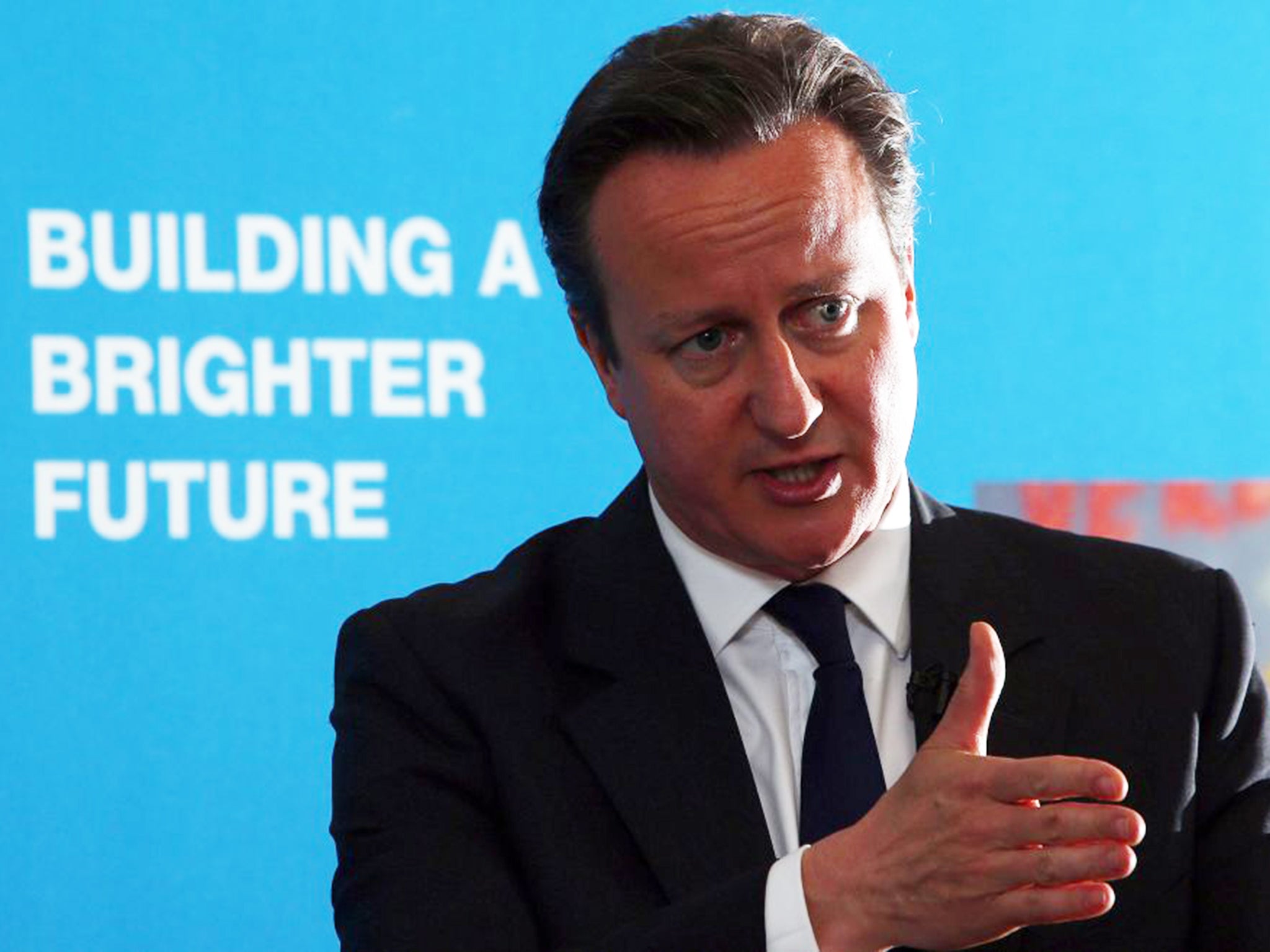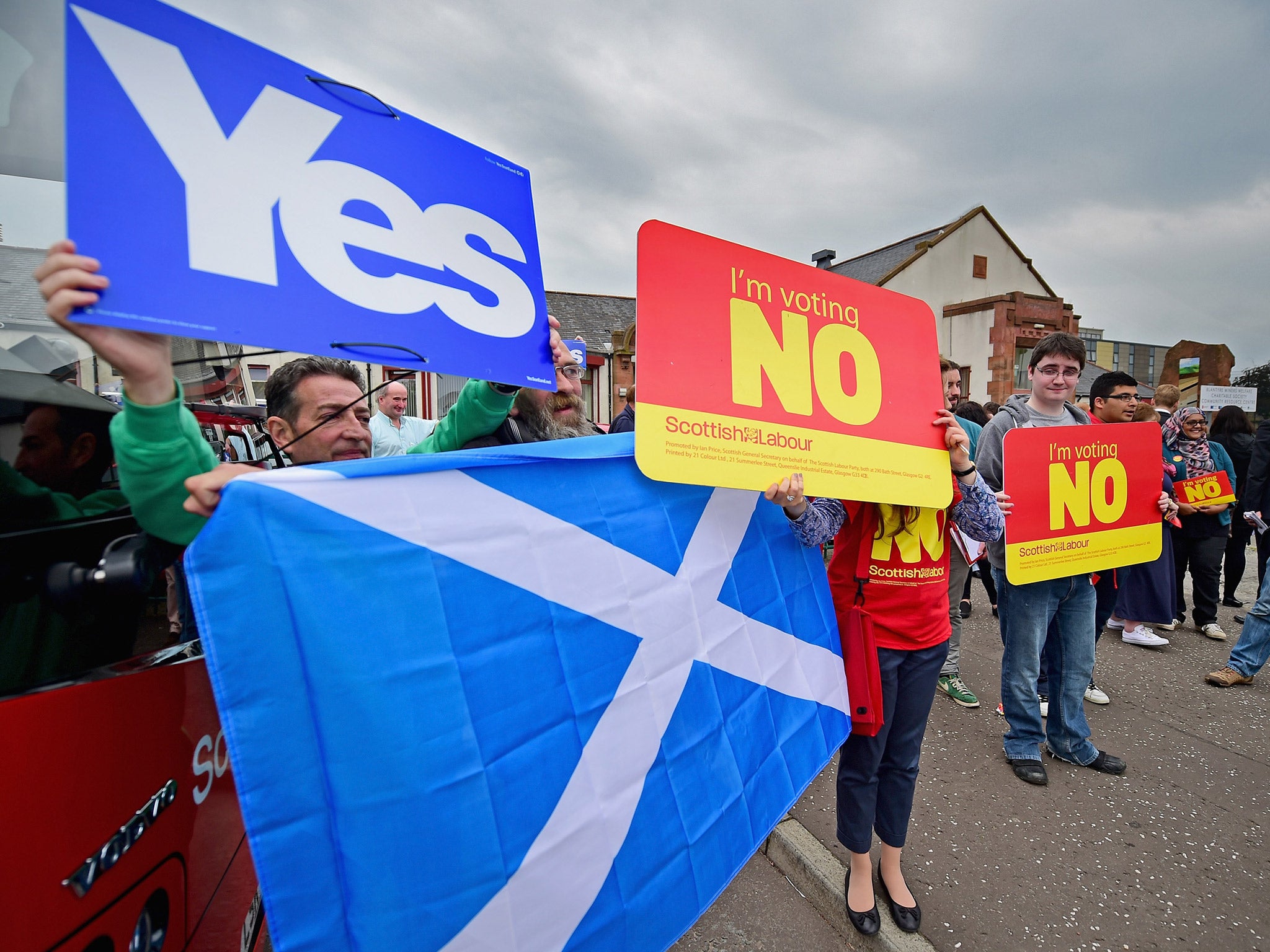EU referendum: Hopes for 16 and 17-year-olds to be given vote are revived as House of Lords set to defy David Cameron as early as next week
Exclusive: Labour and Lib Dem peers to table joint amendment to Cities and Local Government Bill calling for lowering of voting age in EU referendum

Hopes for 16 and 17-year-olds to be given the vote in the EU referendum will be revived as early as Monday when the House of Lords will hold a vote on the issue, The Independent can reveal.
David Cameron has so far resisted calls to extend the franchise but Labour, the Liberal Democrats, the SNP and even some Conservative MPs are determined to give teenagers the vote, arguing that the decision will have a significant impact on their future.
Labour and Lib Dem peers have united to table an amendment to the Cities and Local Government Bill, which is set to be debated in the Lords on Monday, calling for the Prime Minister to back down on his opposition to votes at 16.

Supporters of the move point to the success of engaging youngsters in the Scottish independence referendum last September, when 16 and 17-year-olds were given the vote for the first time in British history.
With the two parties holding a joint majority of around 80 over the Tories in the second chamber, the amendment is likely to succeed and will force MPs to debate and vote on the issue for a second time when the bill returns to the Commons.
It will keep the pressure on Mr Cameron to cave in on his opposition to extending the franchise. He will be forced to choose between accepting defeat or trying to overturn the Lords vote in the Commons. Ministers fear that once they give the vote to 16 and 17-year-olds in a nationwide referendum, it would be difficult to deny them the vote in all elections.

An attempt to lower the voting age in the EU referendum failed in the Commons last week, with MPs voting by 310 to 265 against it.
But with a slim majority of just 12 in the Commons and with some Tory MPs backing the lowering of the voting age, the government may decide to avoid an embarrassing defeat and concede the Lords amendment. Even those Tory MPs who were initially against the move have indicated they are open-minded about a change of tack.
Labour and Lib Dem peers have already said they will work together to try and force the change through the EU (Referendum) Bill when it enters the Lords in the autumn.
Baroness (Angela) Smith of Basildon, the Labour leader in the Lords, told The Independent: “This is an early opportunity to test the opinion of the House of Lords, and to indicate to the government that it needs to give serious consideration to the extension of the franchise to 16 and 17-year-olds.
“So many young people have already shown their appetite for taking part in the democratic process and whether for local elections, national elections or referenda on matters of historic importance, their voices should be heard.”
The Lib Dems still have 101 peers in the upper chamber, despite their near wipe-out in the House of Commons and combined with Labour’s 212, the two parties outweigh the Conservative party’s 229 peers. There are 178 independent crossbenchers, but in practice, about two in three peers take part in important votes so the two opposition parties are confident of a victory in Monday’s vote.
Join our commenting forum
Join thought-provoking conversations, follow other Independent readers and see their replies
Comments